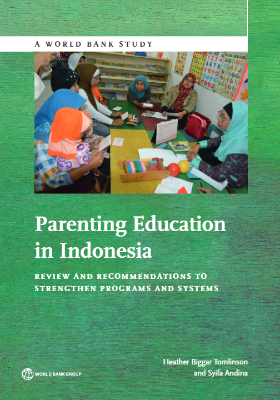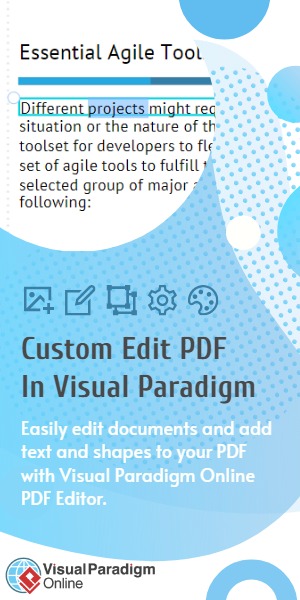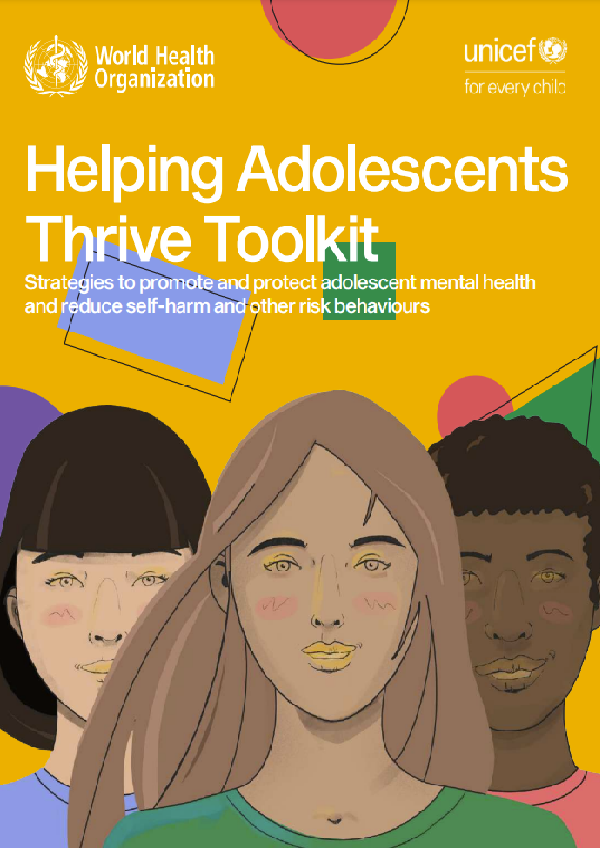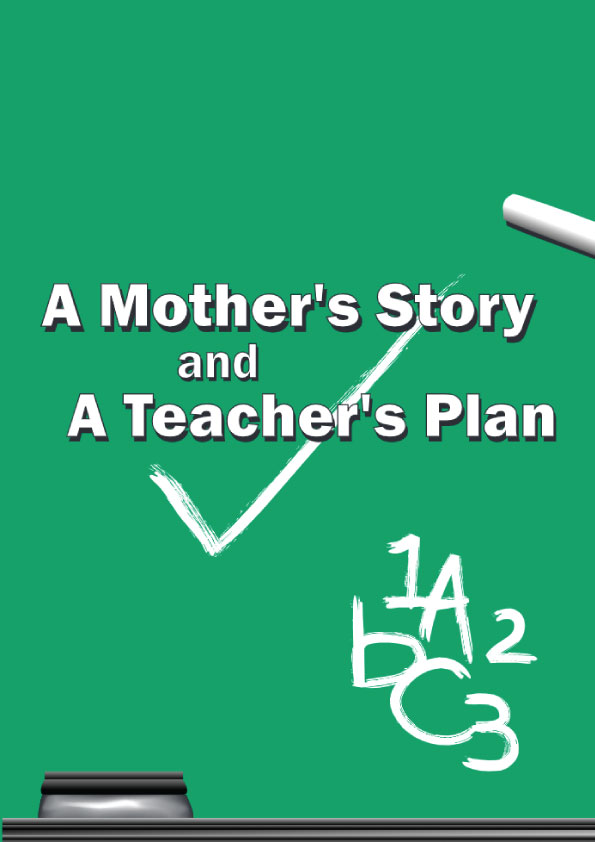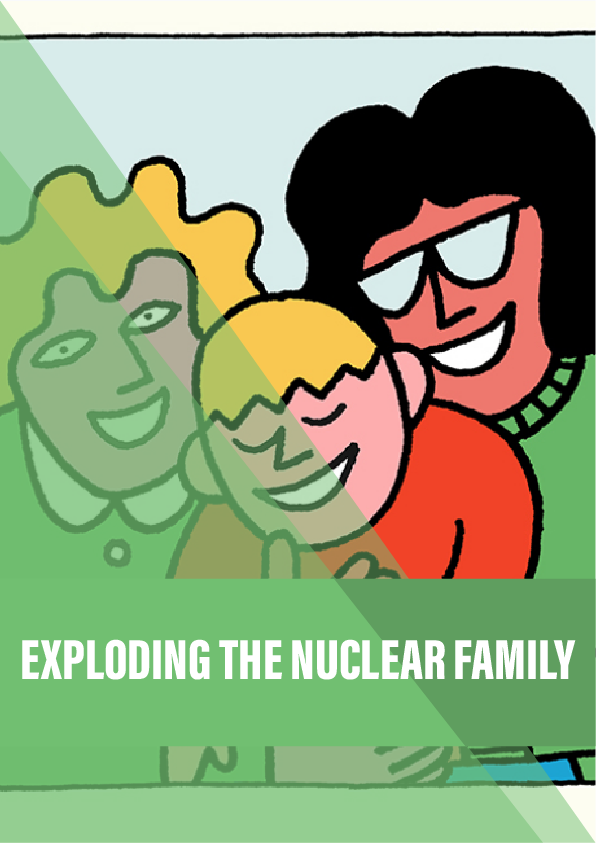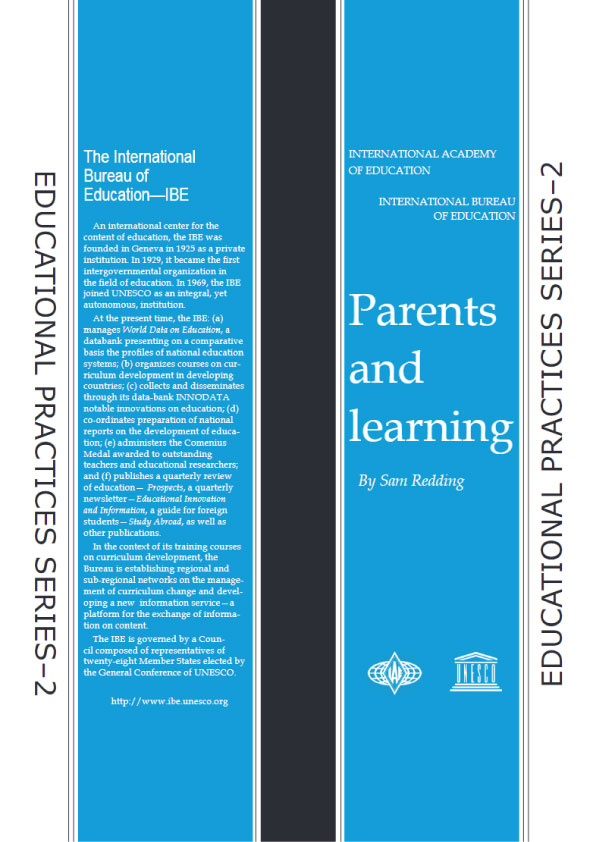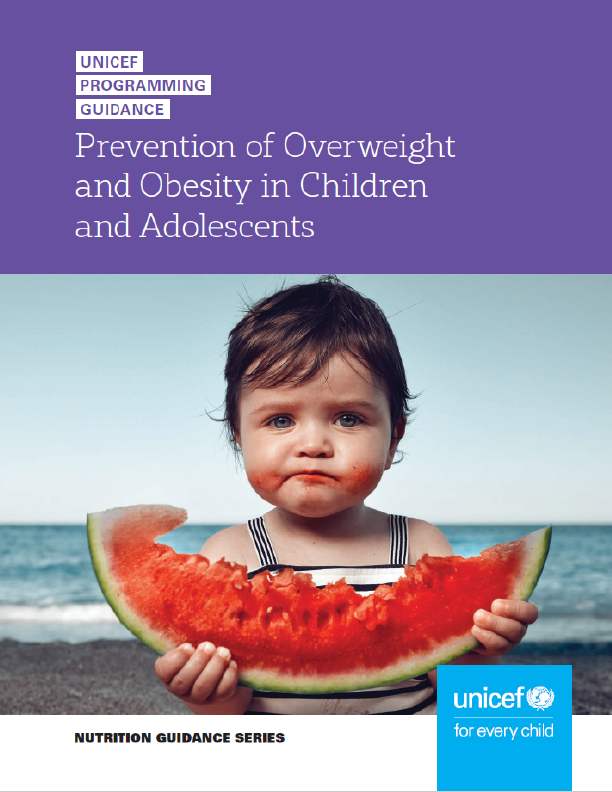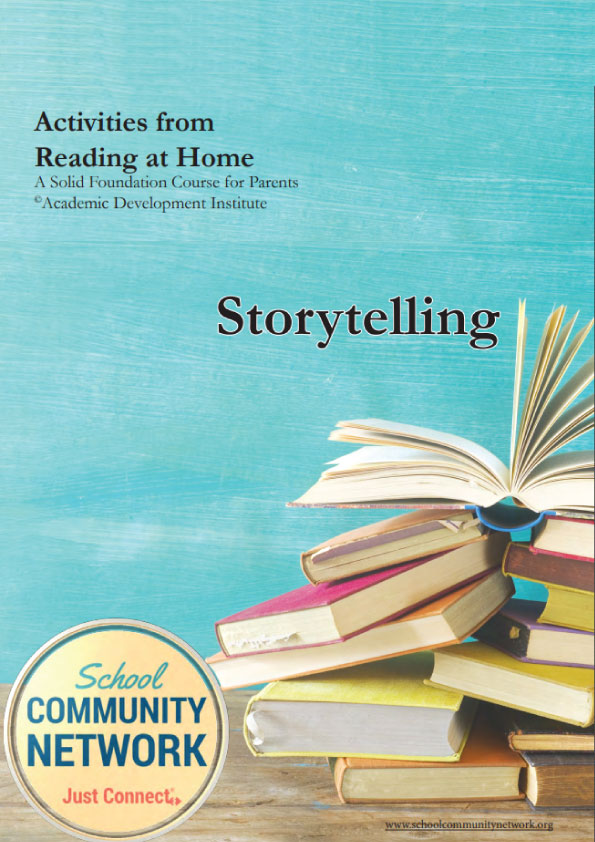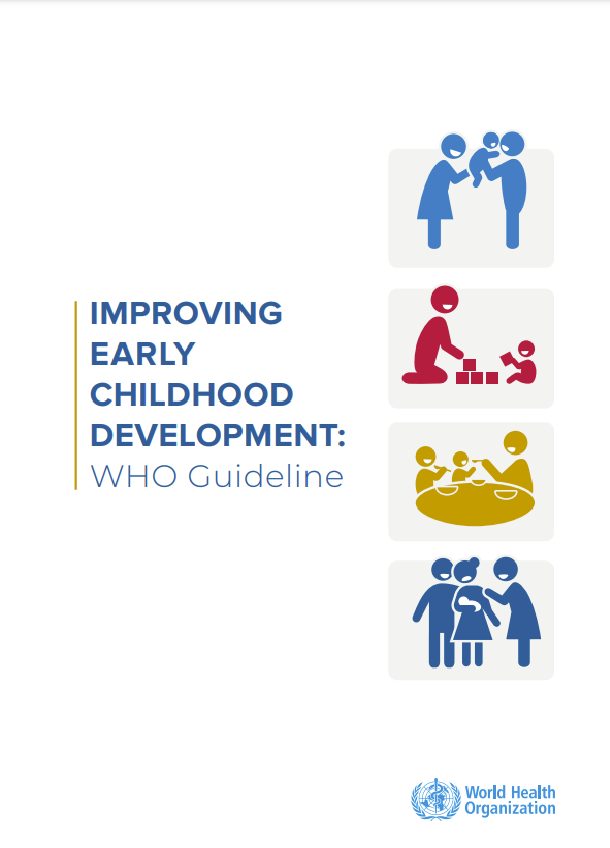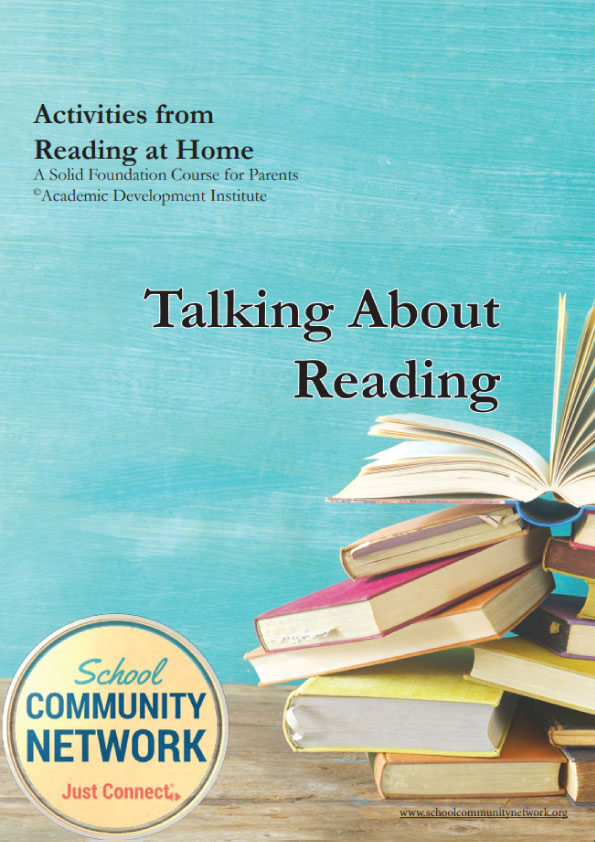Parenting education is important because parents have the most direct and powerful influence on children’s well-being—more than teachers or friends. The term parents here refers to caregivers who provide primary care of children, whether biological parents, adoptive parents, grandparents, or other extended family or friends—those adults who protect, provide for, and nurture children so they can be well and succeed in life.
Yet, parents are not alone in having responsibility for children. Countries and communities also play important roles, as per the 2013 decree on early childhood development issued by the president of Indonesia and statements from the United Nations and others. In recognition of the humanitarian mandate and economic wisdom of investing in families with young children, the government of Indonesia aims to strengthen its existing parenting education system.
Little research exists on contemporary parenting styles and child outcomes in Indonesia. A 2013 World Bank impact evaluation found positive correlations between higher levels of parenting knowledge and abilities and better outcomes for children, beyond parents’ income and education: Parents with higher levels of warmth and consistency, and lower levels of hostility, generally had children with fewer behavior problems, better health, increased emotional maturity, higher communication skills, and strong cognitive development (Hasan, Hyson, and Chang 2013). There is little other research, however, that identifies types of parenting styles in use in different regions or for different groups of families, or their related outcomes for children or communities.
In an effort to better understand and improve parenting education, the government of Indonesia commissioned a review of its existing programs to discover which programs have been implemented with which types of families and whether they are working to improve parents’ knowledge and behaviors or child outcomes. This document summarizes the findings and recommendations of a review of current parenting education programs in Indonesia, analyses of published reports, interviews with ministry and nongovernmental organization (NGO) personnel, evaluation results, and field visits from 2013 to 2014. The focus of this review was on parenting education targeted at parents and caregivers of young children from birth to age eight years.
Programs Operating across the Archipelago
Four government ministries are currently involved in parenting education:
- The Ministry of Health runs the Kelas Ibu (Mother Class) program for pregnant women and mothers of children younger than five years old.
- The National Board on Family Planning (BKKBN) runs the Bina Keluarga Balita (BKB) program for parents of children from birth to age six years, often in coordination with early childhood education programs.
- The Ministry of Social Affairs operates two programs, Taman Anak Sejahtera (TAS) and Program Keluarga Harapan/Family Development Sessions (PKH/ FDS), for families in poverty.
- The Ministry of Education and Culture has two new grant initiatives, one for parents of children from birth to age six years, and the other for parents of infants and toddlers (from birth to age three years). In January 2015, it also established a Directorate for Parenting Education with the aim of increasing its efforts to improve parent involvement in education.
